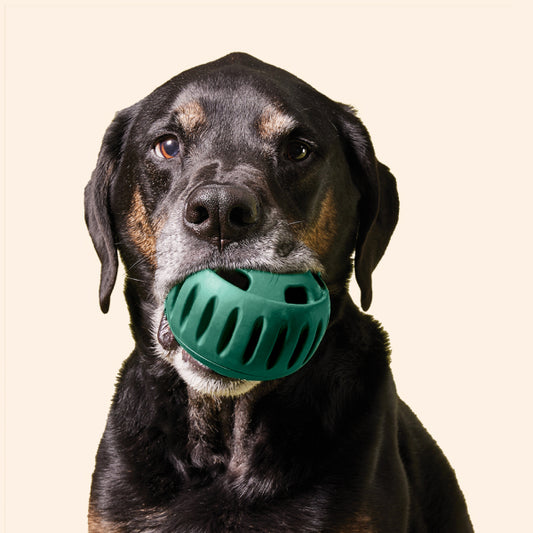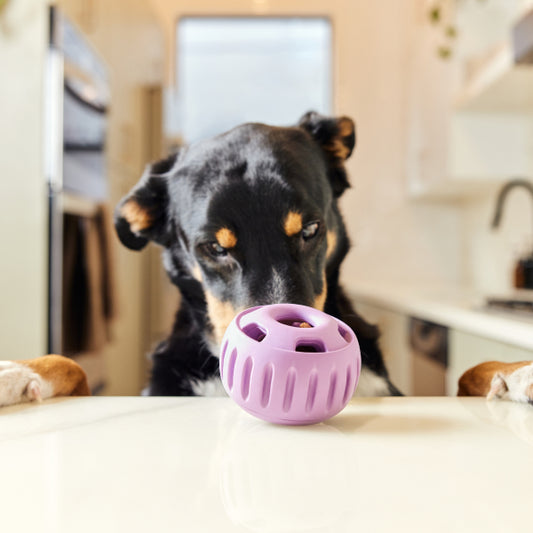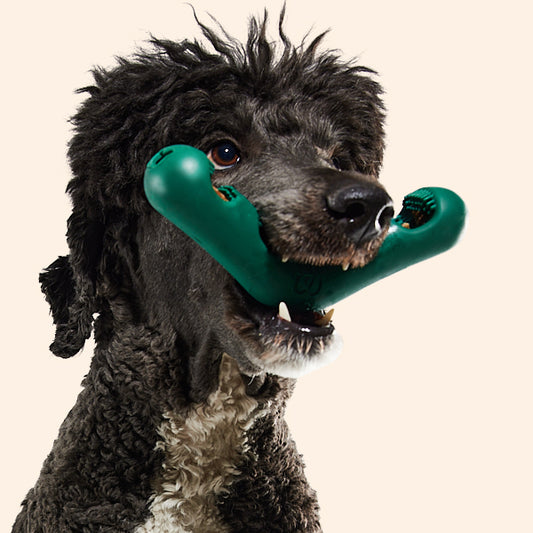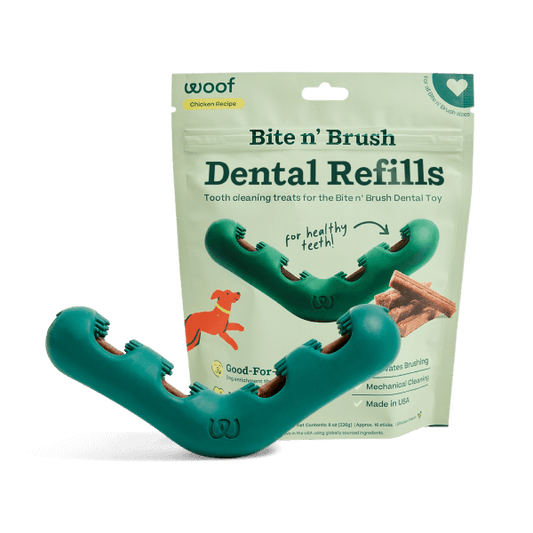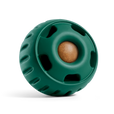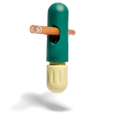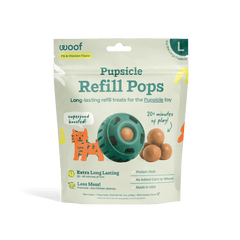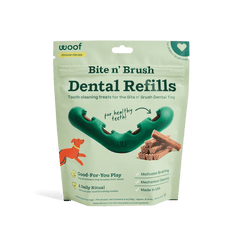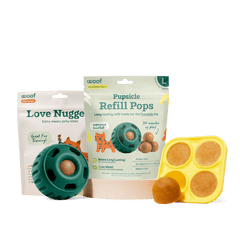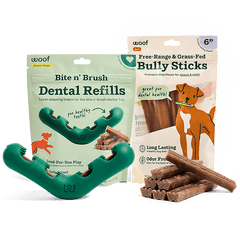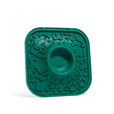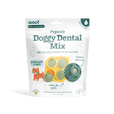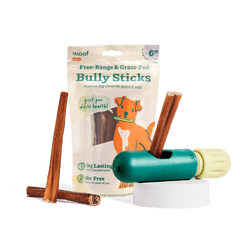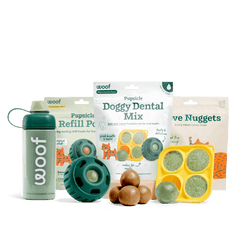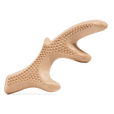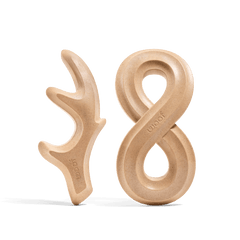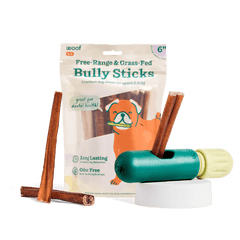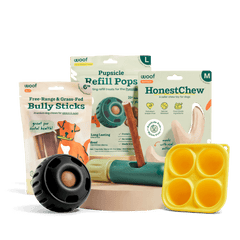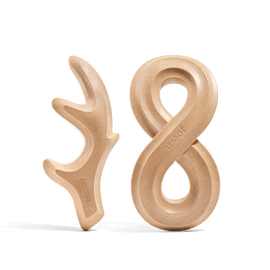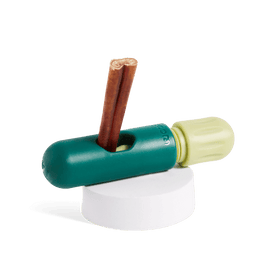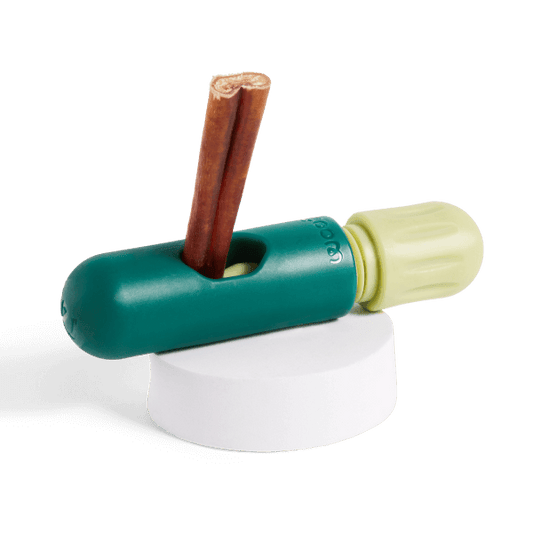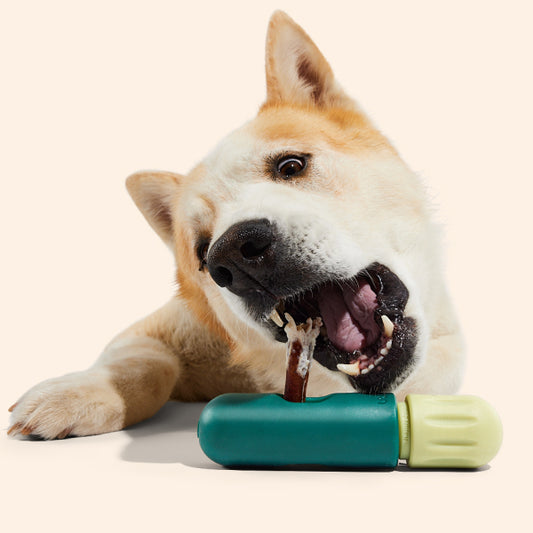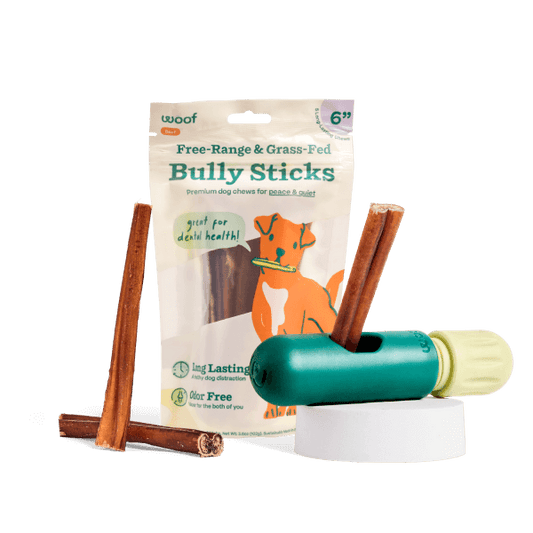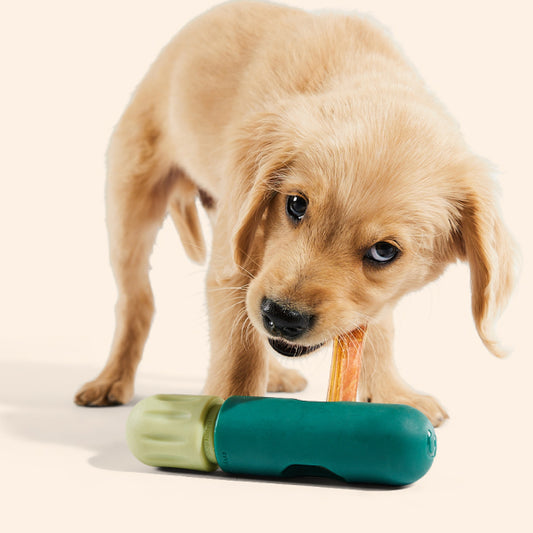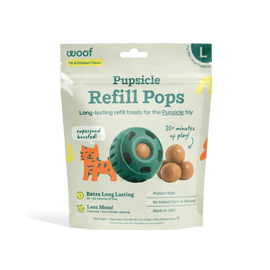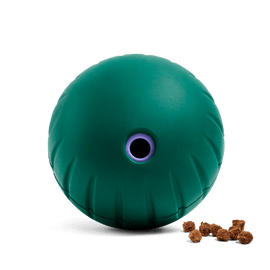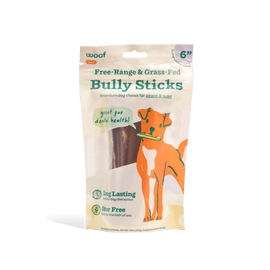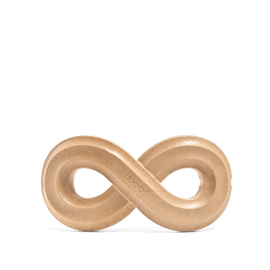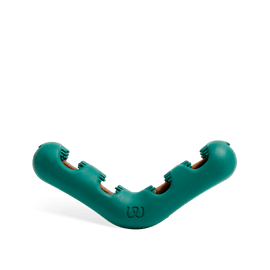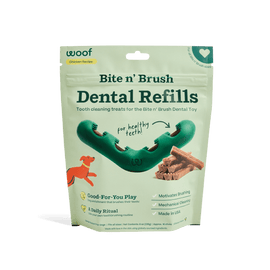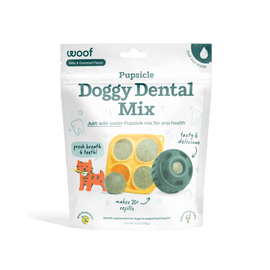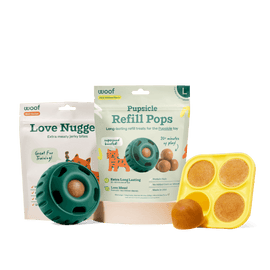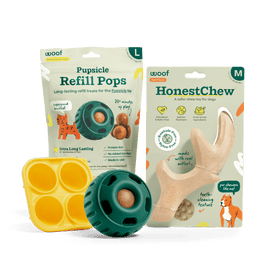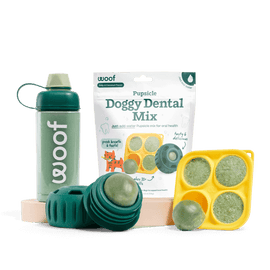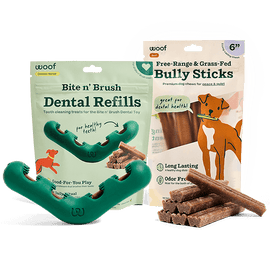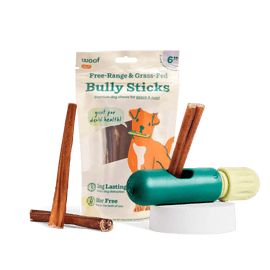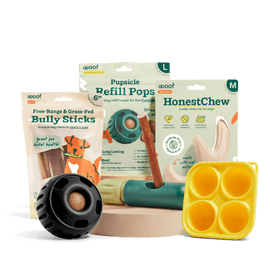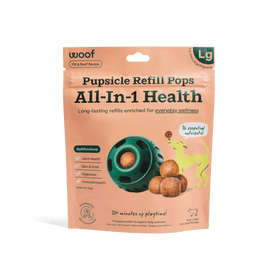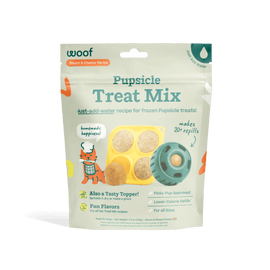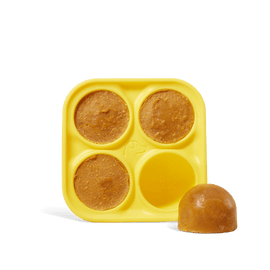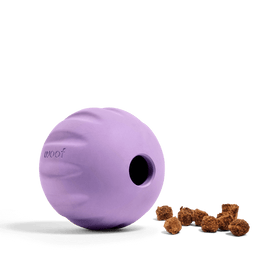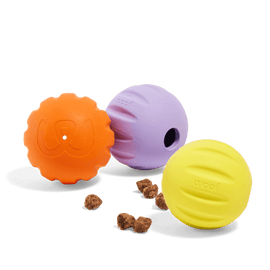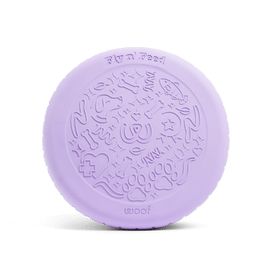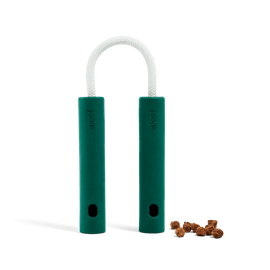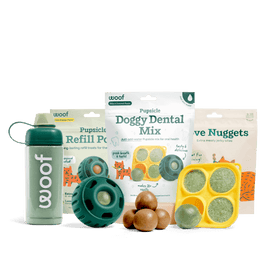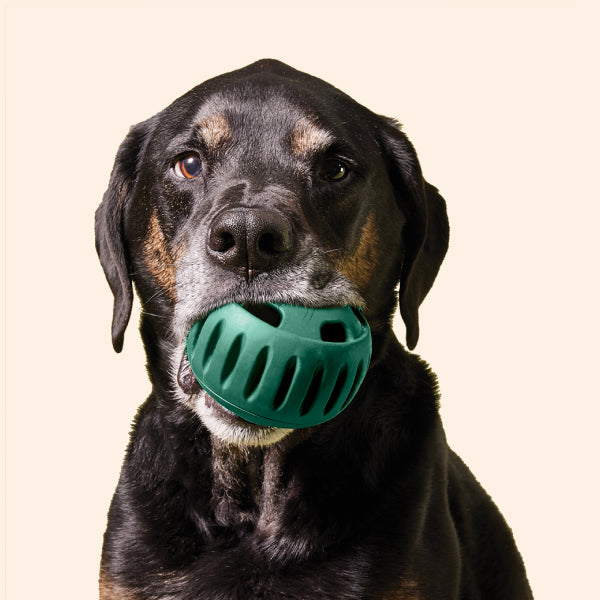As devoted pet owners, our dogs' wellbeing is a priority. So it's reasonable to wonder if peanut butter can be safely incorporated into their diet. This article will cover all of the information you need when considering giving your pup this savory snack – from potential risks and advantages to portion size, top brands for canine consumption and even creative ways you can offer up this delicious treat! Put simply: Can Dogs Eat Peanut Butter? Let’s find out!
Short Summary
- It is safe for dogs to consume peanut butter in moderation, as long as it is of the organic/natural variety.
- It is important to choose unsalted, natural peanut butter without added ingredients and sugar substitutes such as xylitol, which can be toxic.
- Peanut Butter provides beneficial lipids, plant-derived protein and antioxidants that support a canine's immune system and brain function when given in moderation according to the 10 percent rule.
Can Dogs Eat Peanut Butter?
It is perfectly acceptable for dogs to consume peanut butter, though it should be done in moderation and with caution. Organic and natural varieties of the treat can even provide some health benefits like an improved immune system or assisting brain function. Not all types may contain ingredients that are safe for your pup.
When introducing a new type of peanut butter into their diet, start small and observe reactions - while some pets love chunks, others might prefer smoother options. It's also important to make sure treats don't exceed 10% as per the American Kennel Club's "10 percent rule".
Peanut Butter has always been known as a delicious reward that offers multiple advantages when given properly!
The Safety of Peanut Butter for Dogs
When feeding peanut butter to our canine companions, it's critical that we opt for an unsalted and natural version with no extra elements like sugars, salt, or preservatives. Unfortunately, not all of the brands producing this type of spread have pets' wellbeing in mind, so always look over the ingredients list before giving your pup any kind of peanut butter.
We should also mention here potential risks from added components as well as a sugar substitute called xylitol which can be extremely dangerous if ingested by dogs.
Risks of Added Ingredients
Many peanut butters which are designed for human consumption contain various additives including added sugars, artificial sweeteners and hydrogenated vegetable oils. These substances can cause an increase in weight as well as inflammation to dogs along with putting their health at risk.
It is essential to pick a brand of peanut butter that has minimal ingredients included and does not use these potentially damaging components. The best alternative when buying peanut butter for your pooch would be organic without any additional sugar or fake sweetener use in its composition.
The Danger of Xylitol in Peanut Butter
Peanut butters and other products can contain xylitol, a sugar substitute that can be very dangerous for dogs. Even small quantities of this sweetener could lead to decreased blood sugar levels, seizures or even death in pets if they ingest it.
The signs of poisoning include vomiting, weakness and unsteadiness as well as convulsions.
In order to protect your dog from accidental exposure to xylitol-containing items such as peanut butter, you should always check product labels before purchasing them and keep all these kinds of goods out of reach from animals.
There are only a few brands of peanut butter that still contain xylitol so as long as you check the product label then you can be sure that your dog doesn't consume any. Many dog parents will choose organic peanut butter brands or unsalted peanut butter in order to make sure they give their dog the healthiest peanut butter possible.
Health Benefits of Peanut Butter for Canines
For canines, peanut butter has plenty of advantages when given with caution and in small amounts. It is a fantastic source of helpful lipids, plant-based protein, and antioxidants which all contribute to strengthen the immune system while aiding brain function too.
In this part below we will discuss this topic. Regarding the advantages that peanut butter provides for dogs, specifically regarding building up immunity along with improving cognitive activity.
Boosting Immune System
Peanut butter can be a delicious and nutritious treat for dogs, containing beneficial minerals such as niacin, copper, manganese, vitamin E and selenium. These essential vitamins provide many health benefits to canine companions by strengthening their immune system.
To ensure maximum benefit with minimal risk, it is important that the peanut butter you offer your pooch should be free of unhealthy additives or too much sugar. With moderate amounts of additive-free peanut butter supplied in this way, not only are these tasty treats highly enjoyable, but also provide vital nutrients which aid overall wellness!
Dogs eat peanut butter with their food or as peanut butter treats. Either way you can benefit your dog's diet as long as you are feeding them a healthy peanut butter brand and you are only providing it to them in moderation.

Supporting Brain Function
Adding some natural, unadulterated peanut butter to your dog's diet can have potential health benefits. It is a good source of healthy fats, protein, Vitamin B and E, as well as fiber, which could help maintain overall brain functioning in dogs and improve their cognitive abilities.
Even though there is no strong evidence that suggests the consumption of peanut butter has any direct effect on canine brains specifically, it should still be incorporated into Fido's meal plan for optimal results.
Serving Sizes and Moderation of Peanut Butter for Dogs
It is vital to provide peanut butter for dogs in a moderate fashion, following the 10% rule which suggests treats like this should make up no more than one-tenth of their diet. Giving them too much could lead to weight gain and other medical problems.
To ensure that they don't consume excessive amounts, we need to keep an eye on how many calories they are having as well as monitoring their weight and general health when offering them some nutty spread.
Calorie Counting
Peanut butter is packed with calories and fat, making calorie tracking important when giving it to your pup. Eating too much peanut butter could cause weight gain as well as other health issues. Hence you must carefully monitor the quantity of this treat served per day.
To be sure about how many calories are suitable for your pet's daily needs, speak to their veterinarian regarding healthy weight maintenance strategies that involve counting calories.
Monitoring Weight and Health
Monitoring your pup's weight and overall wellbeing is essential for responsible peanut butter treat-giving. Keeping an eye on your dog’s health, including regularly weighing them, as well as making sure the product you use does not contain any dangerous ingredients such as xylitol, will aid in preventing possible issues that can occur with too much consumption of PB.
You should take advantage of all the benefits this snack has to offer while keeping its potential risks at bay!
Top Peanut Butter Brands for Dogs
When selecting the ideal peanut butter for a canine companion, it's crucial to choose an option that is both safe and nutritious. The top picks include organic products as well as specialized formulas designed specifically with dogs in mind.
There are a wide variety of popular peanut butter brands that are common for dogs such as Skippy peanut butter, Jif Peanut Butter, Smucker's Peanut Butter, and more. Typically these brands are thought to be a good option but you should just make sure you read the product ingredient list before feeding it to your dog.
Organic choices provide great health benefits due to their natural origins, while dog-specific varieties have been tailored specifically to meet pet needs better than ordinary brands. So whatever type you opt for, your pup will have everything they need from this tasty treat!
Organic Choices
When it comes to peanut butter for canines, two great organic options are Trader Joe's Organic No Salt Creamy Peanut Butter and Green Coast Pet's Pawnut Butter. These brands prioritize the use of minimal natural ingredients while avoiding additives such as hydrogenated vegetable oils or xylitol that could be harmful for dogs. You will thus be providing your pup with a delicious snack without worrying about unsafe components in the recipe!

Dog-Specific Products
When searching for a healthy and safe treat option, look no further. Than peanut butter products specifically tailored to dogs. Nature's Logic Canine Peanut Butter, Poochie Butter, as well as Honest Paws Calm Natural Peanut Butter Dog Treats are some examples of treats designed with your pet in mind. These dog-specific snacks contain only ingredients that won't harm or endanger their health while still providing them with the tasty nutty flavour they enjoy so much!
By selecting specialised dog peanut butter items you can be sure you're giving your canine companion an appropriate snack free from any hazardous components.
How Much Peanut Butter Can Dogs Eat?
Every pooch parent's got this question on their minds - just how much peanut butter is the sweet spot for our canine pals? Based on my experiences and research, moderation is key. Peanut butter can be an excellent treat, given it's loaded with protein and vitamins B and E, which are beneficial for our dog's health.
However, it's also packed with fats and sugars, which if over-consumed, can lead to obesity or pancreatitis. From my perspective as a pet lover and expert, I usually stick to doling out no more than a teaspoon for small dogs, and a tablespoon for larger breeds, about twice a week. And, just a friendly reminder - always make sure your peanut butter is Xylitol-free, a sweetener which can be toxic for dogs!
Should Dogs Eat Creamy Peanut Butter or Crunchy Peanut Butter?
Ah, the age-old question, to crunch or not to crunch? Well, that depends on your furry friend’s preferences and dental health. When I first gave my golden retriever, Bailey, a lick of creamy peanut butter, she made quite the hilarious face! It was an instant hit. However, when we tried the crunchy variant, she seemed less enthusiastic - but your pup might be different. If you do go the crunchy route, remember to watch out for potential choking hazards, particularly with smaller breeds or dogs with dental issues.
Creamy peanut butter is often the safer bet, being easier to digest. But either way, as with the previous advice, it’s important to ensure that the peanut butter doesn't contain Xylitol or an excess of added sugars.
DIY Homemade Peanut Butter for Dogs
If you'd like to be able to fully monitor and adjust the elements that make up your pup's peanut butter, making it from home is a great solution. To create homemade dog-friendly peanut butter using natural ingredients such as chopped nuts and coconut oil can easily be done at no cost or risk of added preservatives. Not only will this give you more control over what goes into their food, but also let you tailor the recipe according to your canine companion’s tastes and needs.
We'll now go through several recipes for DIY canine peanut butter as well as tips on storing them so they remain fresh and intact with optimal flavor!
Recipe Ideas
It is possible to make your own peanut butter for dogs with unsalted, roasted peanuts and unrefined extra virgin coconut oil. First blend the nuts in a food processor until they reach a creamy consistency then add just enough of the oil so that you achieve desired texture without any xylitol or other hazardous additives.
To give it an interesting twist, adding mashed bananas, pumpkin puree or even something like cinnamon can provide some creative flair! All these ingredients are 100% safe for dog consumption, making homemade peanut butter both tasty and practical!
Storage Tips
For the freshest homemade peanut butter experience for your dog, store it in an airtight container either in the refrigerator or freezer. This will help prevent spoilage and guarantee a delicious treat that lasts up to two months if kept refrigerated or eight months when stored frozen. In this way you can give your pup the yummiest possible snack without compromising on safety or quality!
Creative Ways to Serve Peanut Butter to Dogs
For dogs, peanut butter can be enjoyed in various ways that are both fun and beneficial. Puzzle feeders, toys, lick mats or homemade treats all serve to make the food enjoyable for your pet while providing an activity and relieving anxiety.
We will take a closer look at two popular methods of serving this snack. Puzzle feeders and chew toys which offer entertaining alternatives as well as tongue mats with their unique texture being appreciated by many canine friends!
The Pupsicle By Woof

The Pupsicle by Woof is a game-changer for every dog owner and peanut butter enthusiast out there. It's a unique, innovatively designed treat dispenser that not only challenges your canine companions mentally but also offers them a delightful treat. I love loading up the Pupsicle with a dollop of peanut butter or using the peanut butter flavored pops that come with it - it's a fantastic way to pace their peanut butter consumption.
Because of its unique design, dogs will spend time licking and nudging to get every last bit, turning treat time into a stimulating and satisfying game. And the best part? It's dishwasher safe! This means easy cleanup after your pet has enjoyed their peanut butter treat. A great benefit of the Pupsicle is that it can also aid in reducing anxiety and boredom in dogs, turning a simple snack into an enriching experience.
Puzzle Feeders and Toys
Engage your pup mentally and give them a tasty treat with puzzle feeders filled with safe-for-dog peanut butter. Put this fun activity into their daily regimen to provide both mental stimulation along with deliciousness of crunchy peanut butter!
Puzzle feeders or toys will help to keep your dog mentally stimulated and busy. These are used by pet parents all around the world and they will work well with most peanut butter brands no matter if it is chunky peanut butter or creamy peanut butter. Read out frozen dog treats ideas article for more inspiration!
Lick Mats
Lick mats can provide a calming activity for anxious dogs by allowing them to savor and focus on the treats they love, like peanut butter! These textured silicone or rubber mats come in handy when filled with different kinds of food, such as raw/wet dog food, yogurt topped off with fruit bits, mashed banana purees, etc. By using lick mats, your pooch will have an enjoyable experience while also enjoying their favorite snack.
Summary
In summary, if done in moderation and with proper precautionary measures taken into account, peanut butter can be a nourishing snack for dogs. To make sure that your pup enjoys the healthful benefits of this treat safely, pick suitable brands free of dangerous ingredients and get creative when serving it up! So go ahead – just bear in mind to have fun yet ensure its security as well as nutritional value at all times!
Frequently Asked Questions About Giving Peanut Butter To Dogs
Below are a few of the most frequently asked questions we have received about can dogs eat peanut butter, how much peanut butter can dogs, have, and other questions related to the topic. If you have any further questions then we would love it if you reach out to us so we can include your question to our list.
Which peanut butter is safe for dogs?
In search of the best peanut butter for dogs, you should look no further. The unsalted varieties with no added sugar or sweeteners like Xylitol. An excellent option is Whole Foods' 365 brand smooth peanut butter, which contains only one ingredient, peanuts! No extra sugars or seasonings make this a great choice for your furry friends to enjoy without any worries.
There are many peanut butter brands that are great for dogs and there are even some dog peanut butter brands that are tailored specifically for your furry friend. Typically organic peanut butter or all natural peanut butter will be a safer option but you should always ready the ingredient list before giving anything to your dog.
Which peanut butters contain xylitol?
For those offering their dog treats in the form of peanut butter, it is important to read labels before selecting a product. Several brands, such as Go Nuts Co., Krush Nutrition, Nuts 'N More P28 Foods and No Cow (formerly D's Natural), contain xylitol so owners should take care when choosing an appropriate brand for their pet.
Fortunately, all other varieties of peanut butter that do not have this ingredient are safe for dogs to eat. The ingredient list of peanut butter manufacturers are always changing so you should make sure to review the ingredient list before adding peanut butter to your dog's diet.
Can dogs eat Jif peanut butter?
Peanut butter, as long as it does not contain xylitol, can be fed to dogs in a controlled manner. Jif is an example of peanut butter that should work fine for doggy consumption since there are no added amounts of sugar or salt along with the absence of the harmful ingredient mentioned earlier - xylitol.
What peanut butter does not have xylitol?
Popular brands of peanut butter, including Jif, Skippy and Smucker's, are considered safe as they don't contain xylitol. There is no concern for any potential harmful effects associated with its consumption.
Can dogs eat peanuts?
In moderation, peanuts are a safe snack for your canine friend. It is vital to limit these snacks as occasional treats rather than regular feedings. Unsalted and unflavored varieties of the nuts should be chosen and chocolate covered types should not be given at all. There can actually be some health benefits derived from eating this food in small amounts too!

